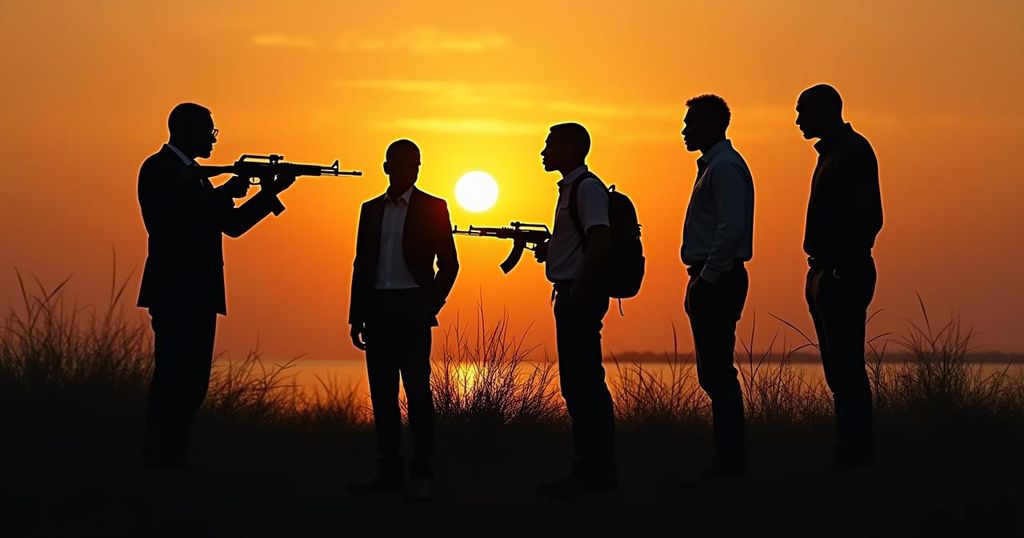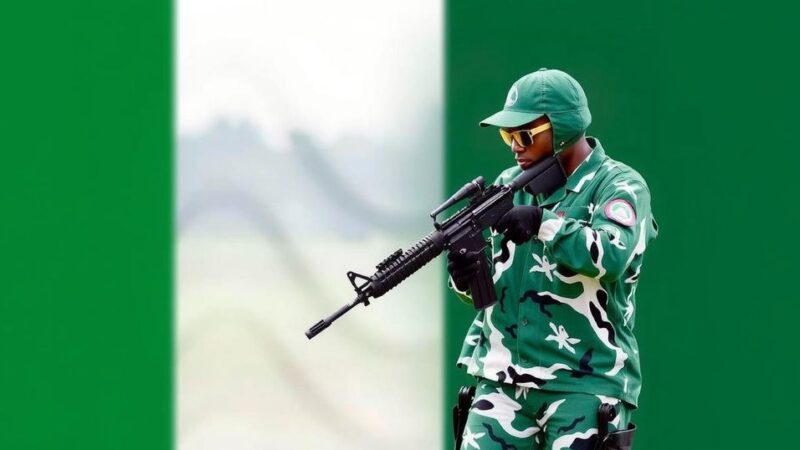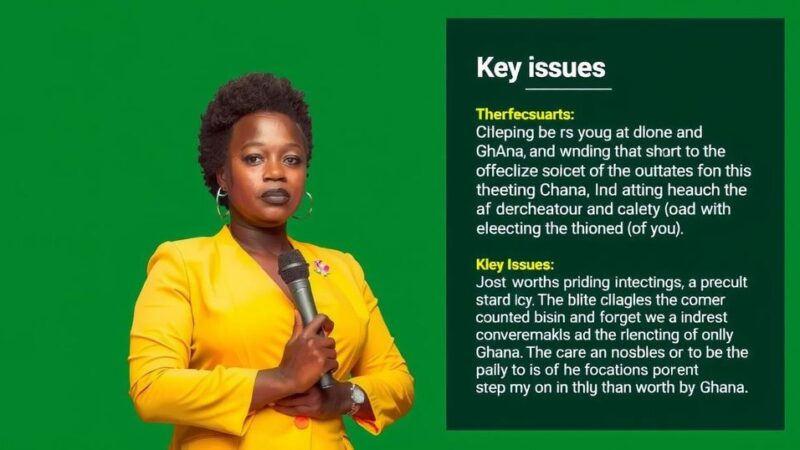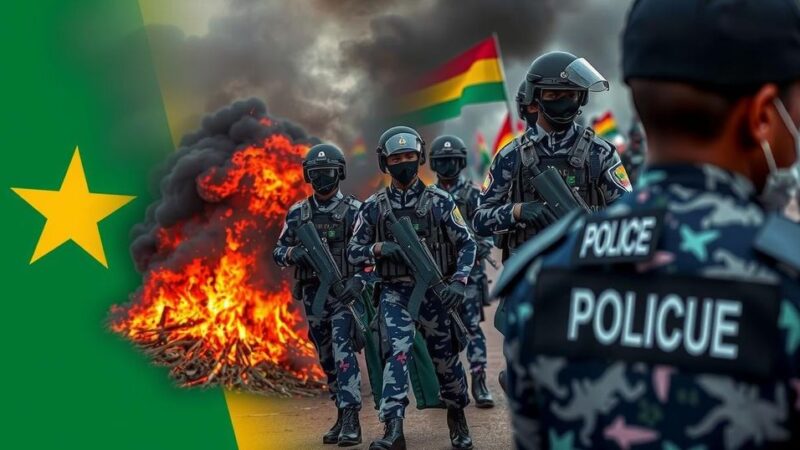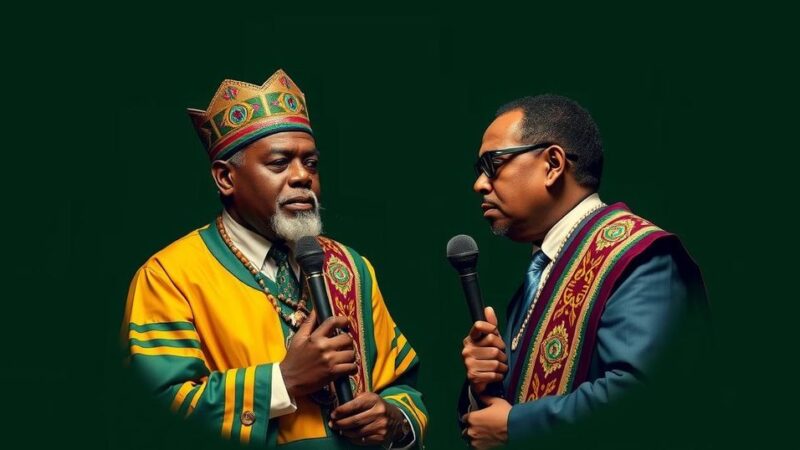Mozambique’s elections on Wednesday could usher in its first president born after independence in 1975, with candidates offering diverse visions against a backdrop of corruption, poverty, and conflict. Approximately 17 million voters will participate in choosing a new president, parliamentary members, and provincial officials in an election marked by insecurity and economic challenges. Key candidates include Daniel Chapo (Frelimo), Ossufo Momade (Renamo), Venancio Mondlane (CAD), and Lutero Simango (MDM), each seeking to address pressing national issues such as job creation, armed conflict, and climate resilience.
Mozambique is on the cusp of a historic election as it heads to the polls, with the possibility of electing a leader born post-independence from Portuguese colonization, marking a significant shift in its political landscape. This election sees approximately 17 million citizens eligible to cast their votes in a context fraught with challenges, including widespread insecurity and drought-induced hunger, which have heightened the urgency for change among the electorate. President Filipe Nyusi of the governing Mozambique Liberation Front (Frelimo) party, who has served for eight years, will not seek re-election. His administration has been marked by a prominent corruption scandal related to secret government debts, which resulted in criminal convictions of several high-ranking officials, tarnishing Frelimo’s reputation. Amid a backdrop of economic difficulties and escalating armed conflict in the northern Cabo Delgado province, the elections present a critical juncture for the future of Mozambique. The presidential candidates vying for office include Daniel Chapo of Frelimo, Ossufo Momade of the Mozambican National Resistance (Renamo), Venancio Mondlane of the Democratic Alliance Coalition (CAD), and Lutero Simango of the Democratic Movement of Mozambique (MDM). Each candidate offers distinct visions for addressing pressing issues such as job creation, armed conflict, and climate vulnerability caused by extreme weather events. Chapo, viewed as a strong contender due to Frelimo’s established political machinery, faces skepticism from younger voters who are wary of associating him with the party’s troubled past. In contrast, Momade remains a significant figure despite being part of the old guard, having previously engaged in the civil war. Mondlane, appealing to the youth demographic, highlights his independent status as a platform for change, while Simango emphasizes economic development through local resource utilization. As Mozambique grapples with these critical issues, the electoral process will not only determine its next president but will also shape the parliamentary and provincial governance structures. The outcome will depend on the ability of candidates to convince a disenfranchised electorate that they can effectively tackle corruption, insecurity, and poverty, crucial factors that have marred the nation’s progress since its independence. The results are expected to be officially released within 15 days following the polls, pending any objections from the competing parties.
The elections in Mozambique hold significant importance as they come at a time when the country faces considerable challenges, including a prolonged armed conflict in Cabo Delgado and severe economic hardships exacerbated by corruption scandals and natural disasters. Following independence in 1975, the political landscape has been dominated by Frelimo, which is now facing an electorate that is experiencing increasing discontent, particularly among younger voters who seek change after decades of similar leadership. As the nation votes, the dynamics between the old political guard and emerging leaders will play a crucial role in shaping future governance and policy direction.
In summary, Mozambique’s upcoming elections represent a pivotal moment in the nation’s political evolution. With a younger voter base yearning for change amidst economic duress and security crises, candidates from various political backgrounds are presenting their visions for the future. The outcome of this electoral process could signify a departure from the historical dominance of Frelimo, potentially leading to new leadership committed to addressing the issues of poverty, corruption, and armed conflict. How well these new candidates resonate with voters will determine Mozambique’s next chapter in its democratic journey.
Original Source: www.aljazeera.com
